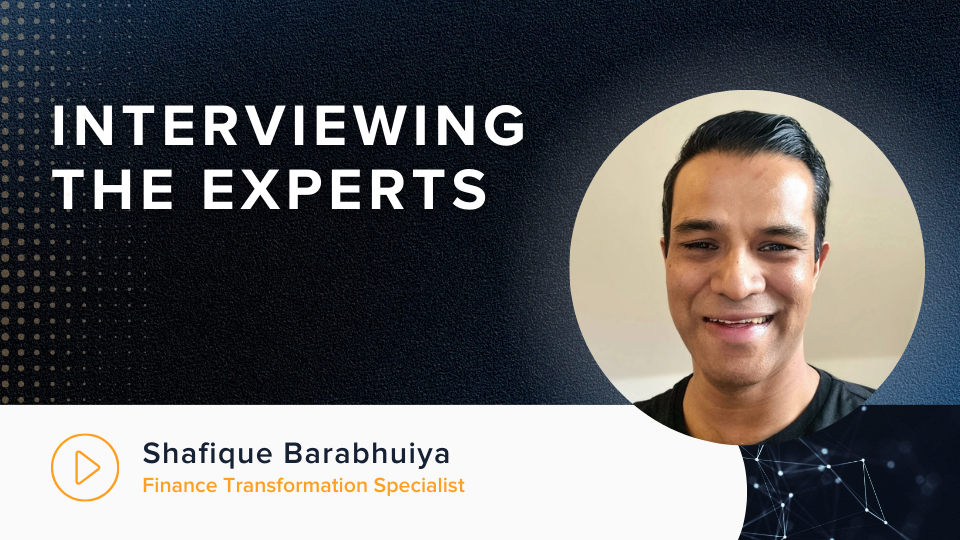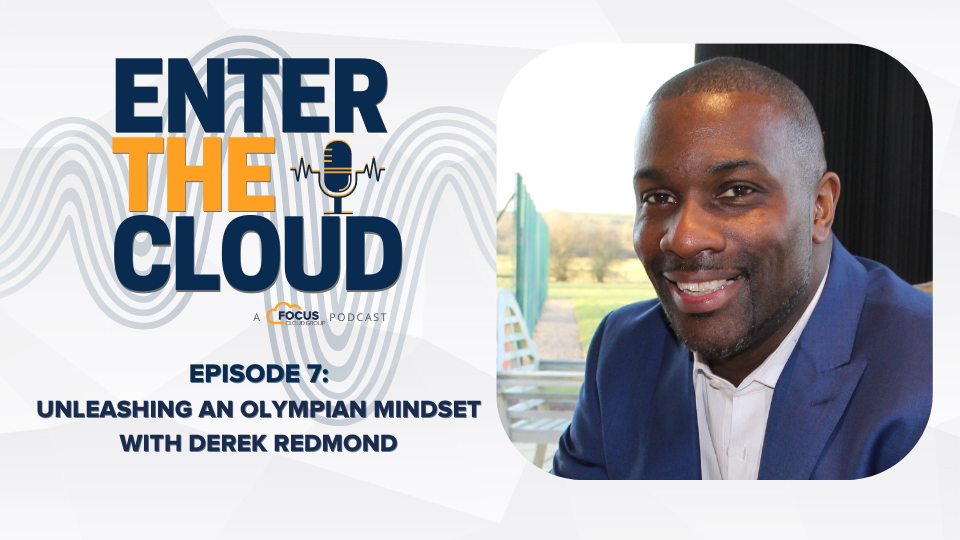
Job interviews can be daunting. Some people get a little flutter of nerves, but welcome the challenge and excel under pressure. Others find the whole experience nerve-wracking and unpleasant. To bag that dream Workday® role, you’ll need to know your stuff and keep your cool, which is easier said than done.
Whether you’re a confident Colin or a nervous Nancy, we’ve got you covered. We’ve asked our Workday® Recruitment Specialists, who are experts on the matter, how to ace your interview for a Workday® role. Here are their top tips:
1. Verbalise the detail
Sometimes it’s hard to put the things we do on a daily basis into words; they’re almost automatic processes. You know the Workday® system, and what your skill set includes regarding this. However, in an interview, you’ll need to be able to verbalise what you can do, and go into enough detail to adequately prove you can fulfil the requirements of the job. Just saying ‘I can configure…’ isn’t enough. You know exactly what you can do, but your interviewer doesn’t…yet. Take a look at the job description prior to the interview, identify how you’ll be interacting with the system, then write down what you can do with it in as much detail as possible. If there isn’t enough information on the job description, ask for it before, or during, the interview.
2. Research the organisation
This may seem like an obvious one, but when we say research, we don’t just mean a quick look at the company website. Knowing what an organisation does, their values and their mission statement is a good start, but you’ll need to dig a little deeper if you really want to impress your interviewer. When a company is hiring, it’s because they are in search of skills they are currently lacking, or need more of (your cue to enter). Try to gather as much information as possible about what they need; your best source is people. It might be people who currently work there, in your prospective department or within talent acquisition, it might be people who have some market insight into that industry, and it definitely will be a Recruitment Consultant who specialises in Workday®. Talk to them. If you can start to understand a company’s pain points, you’ll know what to focus on during your interview answers. Turn yourself into the candidate that can offer solutions, without seemingly knowing what all the problems are yet.
3. Overprepare
It’s far better to be overprepared than underprepared. You might wing an interview for a Workday® role and still do well, but why take the risk? Familiarise yourself fully with the job description (your ready-made tick list for success), and learn about the hiring manager, department, and organisation before you’ve stepped foot in the interview room. Try to get as much information about the use of Workday® within the organisation as possible. Think of examples of when you’ve tackled a Workday® problem or achieved something previously. Prepare multiple options for questions you can ask your interviewer, in case the one or two you had ready get answered during the interview. If you can show you’ve done your research, hiring managers will be impressed. There are bound to be gaps in your knowledge if you’re coming from outside the organisation, but if you’ve shown that you’ve put some effort in, it will display aptitude and productivity to your prospective new manager.

4. Listen
It’s easy to rush over questions and provide stock answers when you’re nervous. Listen to what your interviewer is asking, and take the time to process what information they are actually looking for. Pausing for a second to think is perfectly acceptable, as long as it’s not a minute-long silence or array of ‘erm’s and ‘ooh, good question’s. Call upon your Workday® experience; break down the question, structure your answer in your head, and then deliver it confidently. Showing that you’re able to actively listen is a strong skill that will earn you a big tick. Many generic interview questions have an underlying purpose, so listen to the subtext. ‘Tell me about yourself’ means ‘I want to hear you talk’. ‘What are your strengths?’ means ‘What are you good at, and is that going to help me?’. ‘What is the most difficult situation you’ve faced, and how did you tackle it?’ means ‘What’s your definition of difficult and are you capable of logical problem solving?’. This is where your research comes in handy, so you can read the subtext and shape an answer that shows you in a good light, but also makes you the right fit for the job on offer with that particular organisation.
5. Know your goals
Ambition and drive are good skills to have in a Workday® professional, and hiring managers like to see them. Not to be mistaken with the person who walks into an interview and says they’ll be the CEO within a year. Knowing what your Workday® career goals are shows passion and commitment for what you do, something you can translate into the role you’re interviewing for. Verbalising what you want to specialise in also has the same effect. Which Workday® certifications would you like to gain? Are there any Workday® Modules you haven’t had the chance to work with, but would love to start? You don’t need to have everything set in stone, and you can show flexibility in your answer when they ask you about your career aspirations, but showing you’ve thought about it presents you as someone dedicated and assertive.
Bonus Tip!
Say ‘I', not ‘we’. Make it clear what YOU have accomplished and achieved. If your interviewer cared about what your team did, instead of your own contributions, they’d be interviewing them instead of you.
Ready for your next interview?
Get in touch today to speak to a Workday Recruitment Specialist about the market and opportunities available to you. You could be acing an interview sooner than you think!


